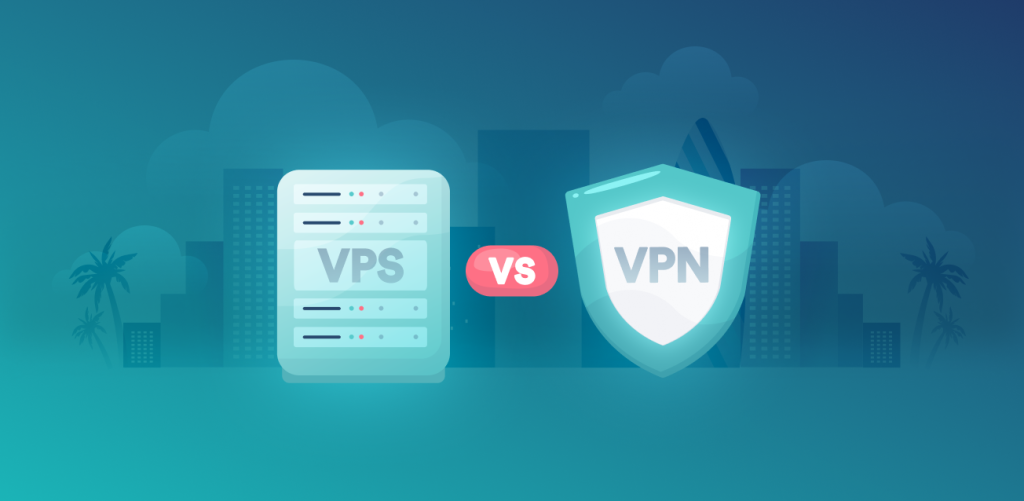VPS vs. VPN: What Is The Difference?

Many people mistake India’s VPS and VPN for the same thing when they have nothing in common. But to break these IT buzzwords, discussing the differences between VPS Hosting and VPN is essential.
While VPN stands for Virtual Private Network, VPS is short for Virtual Private Server. VPS is a method of website hosting which can be purchased from any of the reliable web hosting companies in India. On the other hand, a VPN is a service that enables online privacy and anonymity.
If you need to familiarise yourself with these terms and their operations, this article will explain what VPS and VPN are and how they differ.
What Is VPS?
VPS, or Virtual Private Server, offers web hosting services using virtualisation technology. In VPS Hosting, a server is divided into several virtual servers.
Thus, users get their own virtual server with dedicated resources, operating systems and software in a virtual environment.
Buying the best VPS Hosting in India is a cost-effective solution if you are looking for the benefits of both Shared Hosting and Dedicated Hosting.
What Is a VPN?
VPN stands for Virtual Private Network. It is a network technology that helps to establish a secure and encrypted public network connection and allows users to create their own private and encrypted tunnel.
This tunnel is created between user devices and a remote server operated by a VPN service provider.
However, you have to select the VPN provider carefully, as not all VPN providers may prioritise user privacy, leading to concerns about data logging and potential security breaches.
Comparison Table: VPS vs. VPN
| Aspect | VPS (Virtual Private Server) | VPN (Virtual Private Network) |
| Purpose | Hosting websites, applications, or services | Secure data transmission and online privacy |
| Definition | A virtualised server hosting platform | A network that creates a secure tunnel |
| Ownership | Rented or owned by the user | A service provided by a VPN provider |
| Functionality | Runs operating systems and applications | Encrypted internet traffic |
| Isolation | Provides isolated environments for users | Provides privacy by masking IP addresses |
| Traffic Control | Full control over server traffic | Encrypts and reroutes user internet traffic |
| Security | Limited to server and application security | Encrypts data for secure transmission |
| Use Cases | Web hosting, app development, testing | Browsing security, remote access, anonymity |
| Configuration | Requires server setup and management | Requires installation of VPN software |
| Cost | Variable based on server resources | Subscription-based or free VPN options |
| Scalability | Scalable with resource upgrades | Typically not scalable, fixed connections |
| Geolocation | Data centre location affects performance | Allows users to appear from different locations |
| Anonymity | Limited anonymity, tied to server location | Provides anonymity by masking IP |
Conclusion: Which One Do You Have To Choose?
Deciding between a VPN and a VPS Server can be tricky because they are two different technologies with similar acronyms. While each has unique uses, combining them can increase security once you know their purposes.
A VPN is a user-friendly technology that allows you to browse safely and securely. At the same time, VPS will empower you to have your site hosted on the internet with your dedicated virtual resources.
So, if you operate a website for a big organisation, it is advisable first to use a VPS hosting service. You might use a VPN as a protection shield for the information you send or request on the web browser.
Remember to understand their differences carefully to help you decide to maintain and protect your website in this huge digital world.
